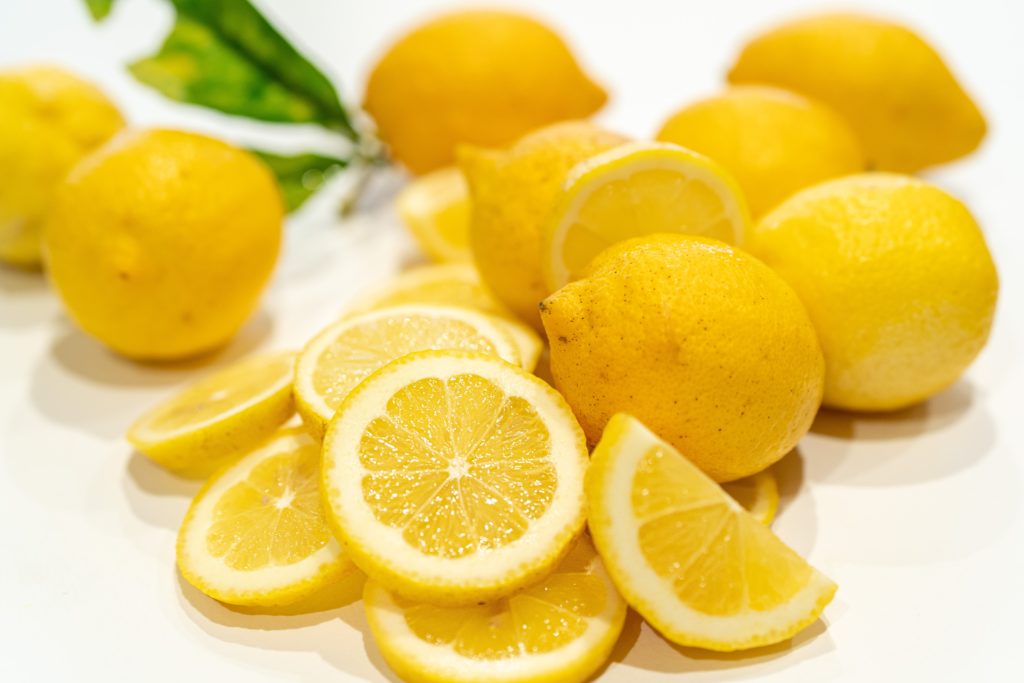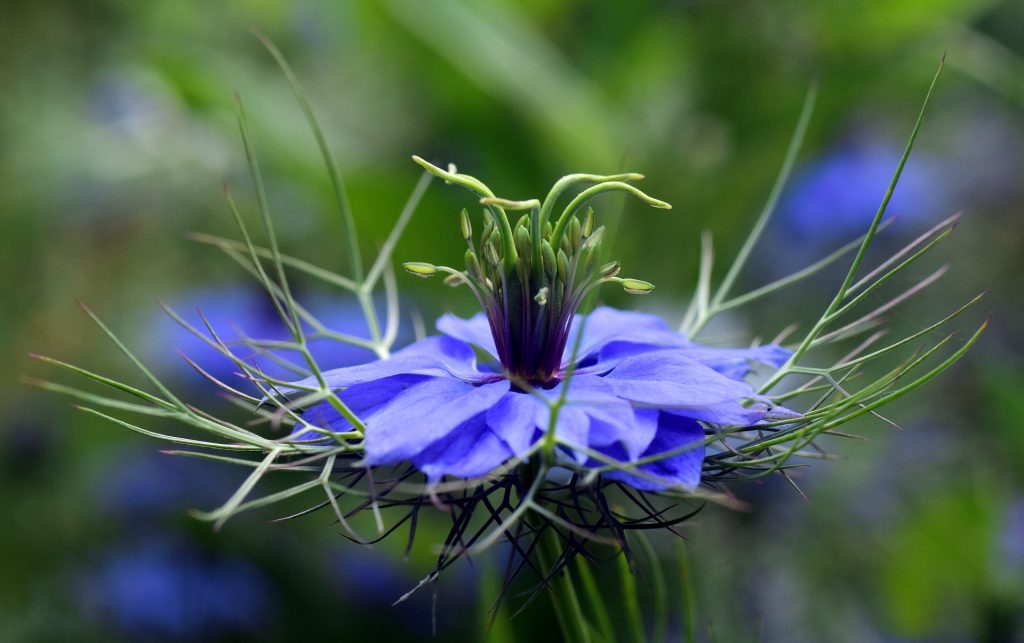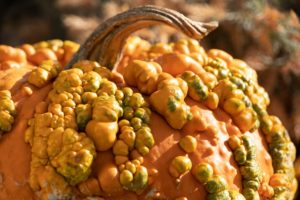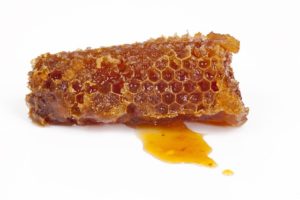Preventing Kidney Stones

I remember quite clearly one of my first days at the student clinic as a doctor in training. A patient had come in and described their concerns. While at work, they had suddenly felt an overwhelming pain in their lower back. The pain was so intense that they dropped to the floor, writhing on the ground, trying to find a position to get the pain to stop.
Still a student at the time, I wasn’t immediately sure what the patient’s problem was. Luckily, the treating doctor recognized the correct diagnosis immediately. The patient was having classic symptoms of a kidney stone.
Kidney stones are quite common, and unfortunately, their incidence has been increasing. Around one in 11 people can expect to experience a kidney stone in their lifetime (Scales 2013). Both diabetes and obesity increase the risks. And once you’ve had a kidney stone, it’s not unusual to have more.
Standard Treatment
Depending on the size and type of kidney stone, standard treatments can vary. Although less common, some stones can be dissolved with potassium citrate. If the stone is small enough to pass, medication can be used to help dilate the ureters, the tubes connecting the kidneys to the bladder. Pain medication is also commonly prescribed due to the intense pain of passing a stone (Leslie 2021).
For larger stones, ultrasound can sometimes be used to shatter the stone and allow easier passage. Otherwise, a scope and laser may be passed up into the kidney to break up the stone. Imaging is recommended to check the size and amount of stones present in order to formulate an effective strategy. Drinking plenty of water and citrus juice (containing citric acid, a compound that can decrease stones) can also help with passing stones and stone debris.
In some cases, kidney stones can also be associated with infections. If present, antibiotics are typically included with treatment. If a stone is blocking flow from the kidneys, it can also turn into a medical emergency requiring special treatment. In all cases of suspected kidney stones, a full medical evaluation is recommended.
Standard Prevention
Standard techniques for prevention include (Leslie 2021):
- Increased water intake: generally, a goal of passing around 2.5 liters of urine a day is recommended.
- Medications may be added in an attempt to change the composition of urine and reduce stone formation.
- Reducing the intake of animal protein and salt is also typically recommended.
Integrative Medicine and Prevention
For the most common type of stone made of calcium oxalate, citrate or citric acid can be helpful in prevention. If an individual is already taking magnesium or calcium supplements, taking them as magnesium citrate or calcium citrate can decrease stone formation (Barbera 2016, Palermo 2019). I’ve also heard of patients drinking lemon juice—which contains significant amounts of citric acid—on a regular basis for effective prevention. However, lemon juice is acidic enough that long term, it could damage your teeth.
Herbal Treatments
Probiotics
Individuals who form kidney stones have been reported to have changes in their gut flora that correlate with stone formation (Wang 2021). This raises the exciting possibility that changing gut flora may help decrease kidney stone risks.
In a rat model of kidney stones, a probiotic supplement was able to prevent kidney stone formation (Wei 2021). A study in healthy humans also found decreases in the stone forming compound oxalic acid with probiotic supplementation (Okombo 2010).
A small study in patients with calcium oxalate stones and different types of serious gastrointestinal disease found potential benefits with probiotics. Oxalic acid absorption was significantly decreased with one or two doses of probiotics a day (Lieske 2005). However, when dosing was increased to three times daily, most of the benefits appeared to be lost.
Not too surprisingly, not all studies in humans have found benefits with probiotics. One study did not find them helpful for individuals with mild elevations of oxalic acid (Lieske 2010). Research has found that different probiotic formulations can have different clinical effects. We need more research on different types of probiotics to better understand which may be most beneficial for helping to prevent kidney stones.
Black Seed (Nigella sativa)

A revered herb from the Mideast, black seed has a long history of use in food and medicine. Of interest, animal studies have initially suggested potential benefits with black seed for kidney stones (Benhelima 2016, Hadjzadeh 2007).
A human study also suggests benefits. Sixty patients with kidney stones were given 1000 mg of ground black seed twice daily over 10 weeks. Almost half of the patients on black seed excreted their kidney stones as compared to only 15% of patients in the placebo group. In addition, just over half of the patients on black seed also had a reduction in the size of their stones. For patients on placebo, only 11.5% had a reduction in stone size (Movaghati 2019).
The initial human trial data on black seed looks promising, but additional human studies are needed to confirm the findings.
Cranberry
Cranberry juice is a common folk remedy for kidney stones, although the preliminary research on its effects for kidney stones is quite mixed. One study had subjects drink eight ounces of cranberry juice diluted in 24 ounces of water per day for two weeks. The study participants were all having problems with calcium oxalate kidney stones. As compared to controls drinking just pure water, those drinking diluted cranberry juice had multiple stone forming parameters decrease in their urine (McHarg 2003).
A separate small clinical trial had participants consume cranberry extract tablets and found an almost 50% increase in urinary oxalic acid, a risk factor for kidney stones (Terris 2001). A third trial of cranberry juice in kidney stone patients found mixed effects on kidney stone formation (Gettman 2005). While interesting, longer and larger trials could be useful to fully document the effects. It’s also worth keeping in mind that most “cranberry juice” sold in stores is a cocktail mix that includes grape or other types of fruit juice. Pure cranberry juice, which is less palatable, is what was used in the studies.
Litiax
A rather old study on an herbal drug called Litiax—an oak tree extract—decreased stone formation and helped reduce bacteria associated with kidney stones (Rodriguez 1980). Unfortunately, Litiax is only available in Europe and might be difficult to import to the United States due to customs restrictions.
Cystone®
It is also well worth noting that some natural treatments do not seem to benefit kidney stones and may actually make things worse. A trademarked product called Cystone has been studied for kidney stones and was found to increase stone formation over the course of a year (Erickson 2011). Without additional positive research, in my opinion, Cystone is not recommended for kidney stone prevention or treatment.
Conclusion
Kidney stones can be excruciatingly painful. And once they occur, they often recur on a somewhat regular basis. Increased fluid intake and citrate with decreased animal protein and salt are recommended to reduce risks. Preliminary evidence also suggests that probiotics, black seed and oak extracts may also be helpful in decreasing the risk for further episodes.



